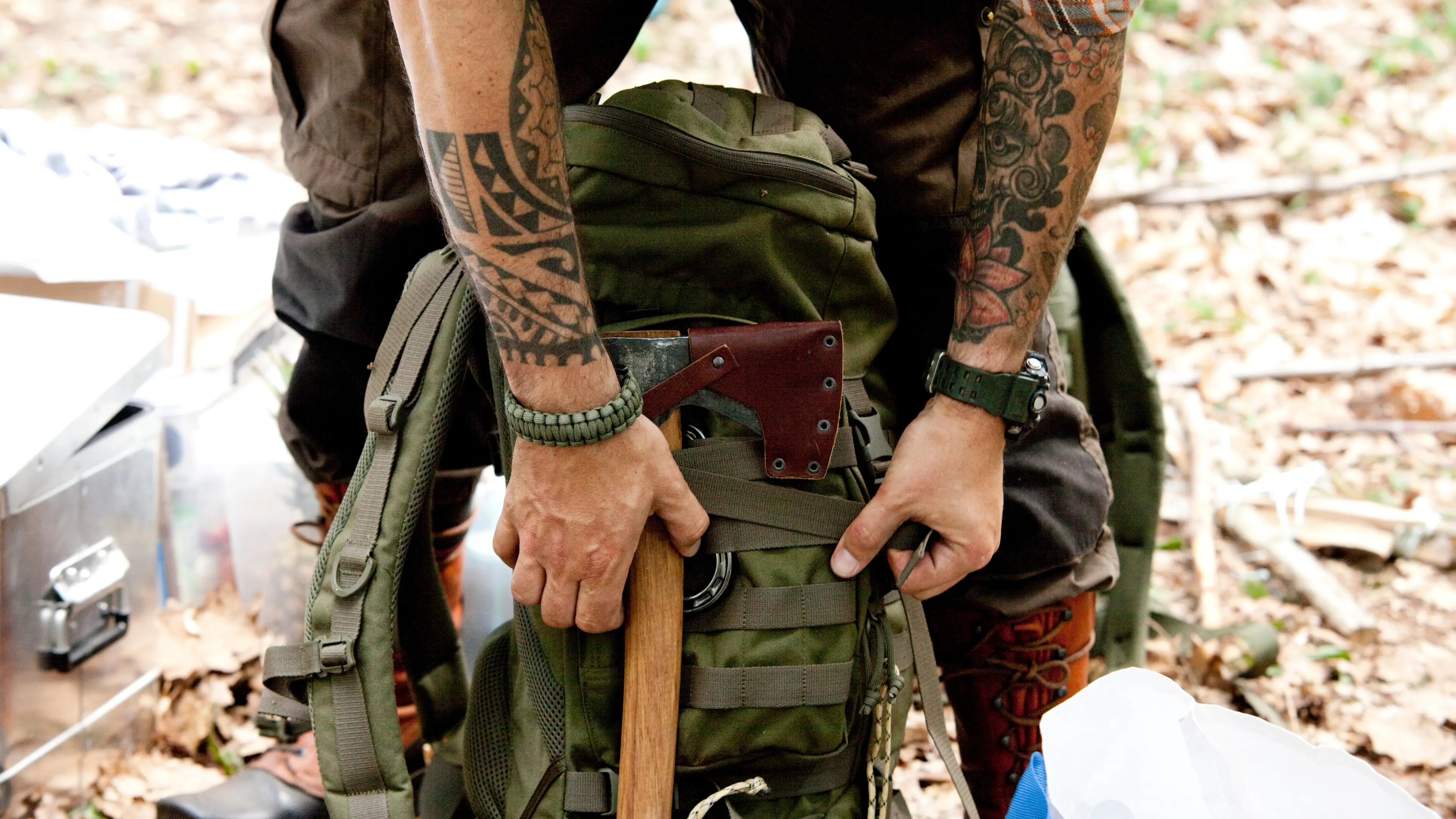
Earlier this year, the EU sent out a warning to the millions of people living on the continent of the need to prepare a survival kit that could keep them going for three days if all went wrong.
While some people think badly of those who've prepared a kit by reckoning they're waiting for the end of the world, there are all sorts of situations in which having a bag of handy stuff packed and ready to go is worth it.
Natural disasters are one major reason why you might need to leave home for a while, though if we're being honest, in some parts of the world, the main concern is indeed going to be war.
A few months ago, EU citizens were told they should probably get '72 hour survival kits' in part due to 'growing geopolitical tensions and conflicts'.
Advert
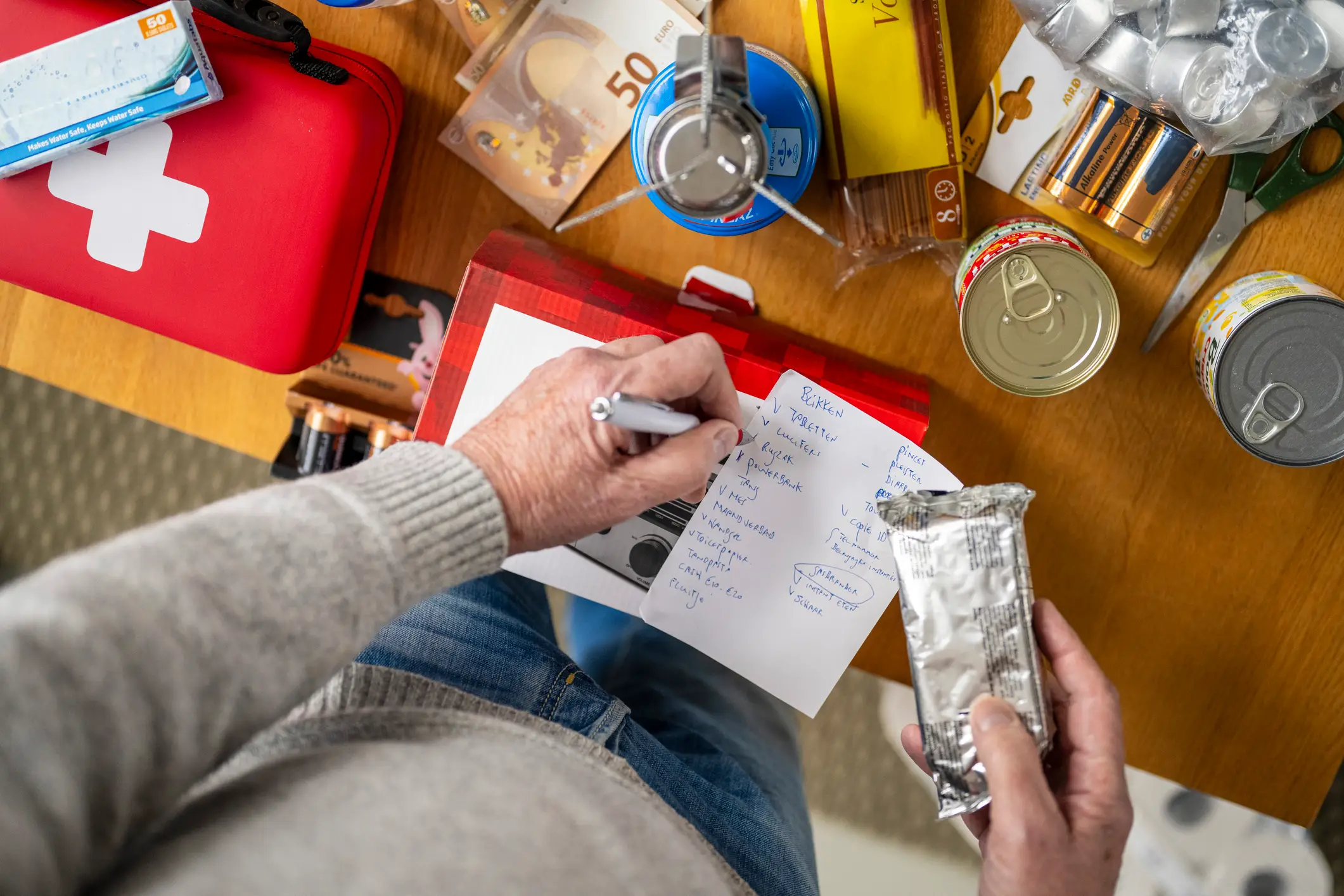
Basically, the prospect of an aggressive Russia (let's be honest, it would be them) lashing out and starting World War Three would mean millions of people who live near the border with the Eastern European country would likely have to move out of the way to avoid being caught in a war-torn hellscape of artillery fire and drone strikes.
Hadja Lahbib, European Commissioner for Preparedness and Crisis Management, suggested that the circa 450 million EU citizens should make sure they had the means to light their way, a Swiss Army knife and a battery-operated radio.
With that in mind, there's some contents of a survival kit which are most important of all.
Bottled Water
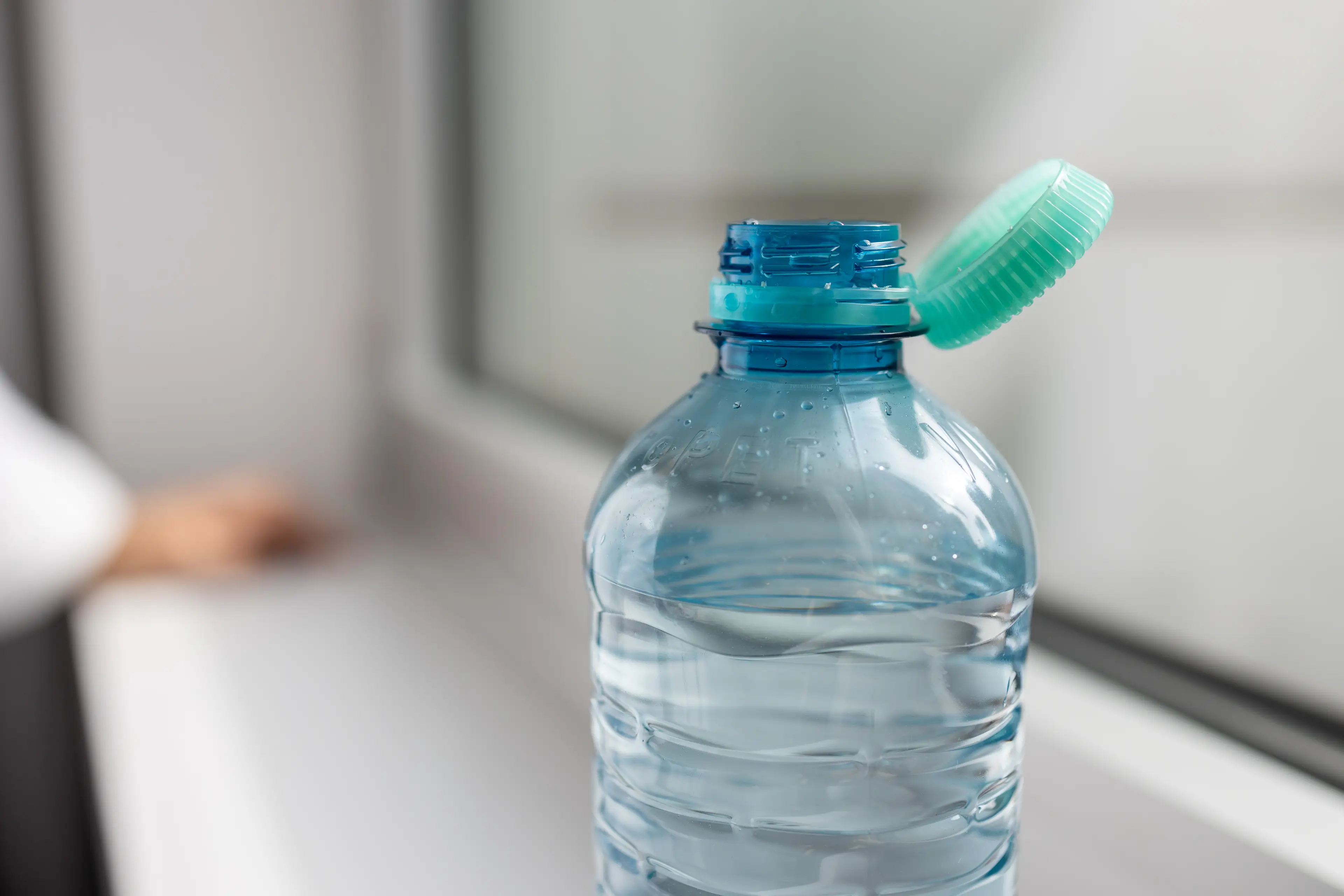
Three days without water, that's the general rule of thumb when it comes to survival, so your 72 hour survival kit had better have some water in it.
Drink it when you need it, and for those first few days of calamity, at least you'll be safe from dehydration and the risk of turning on a tap with nothing coming out of it.
You need somewhere around three to four litres of water a day, which is going to be quite the burden on your back, so many experts in putting together these kinds of kits say that getting a water filter is also important.
Food
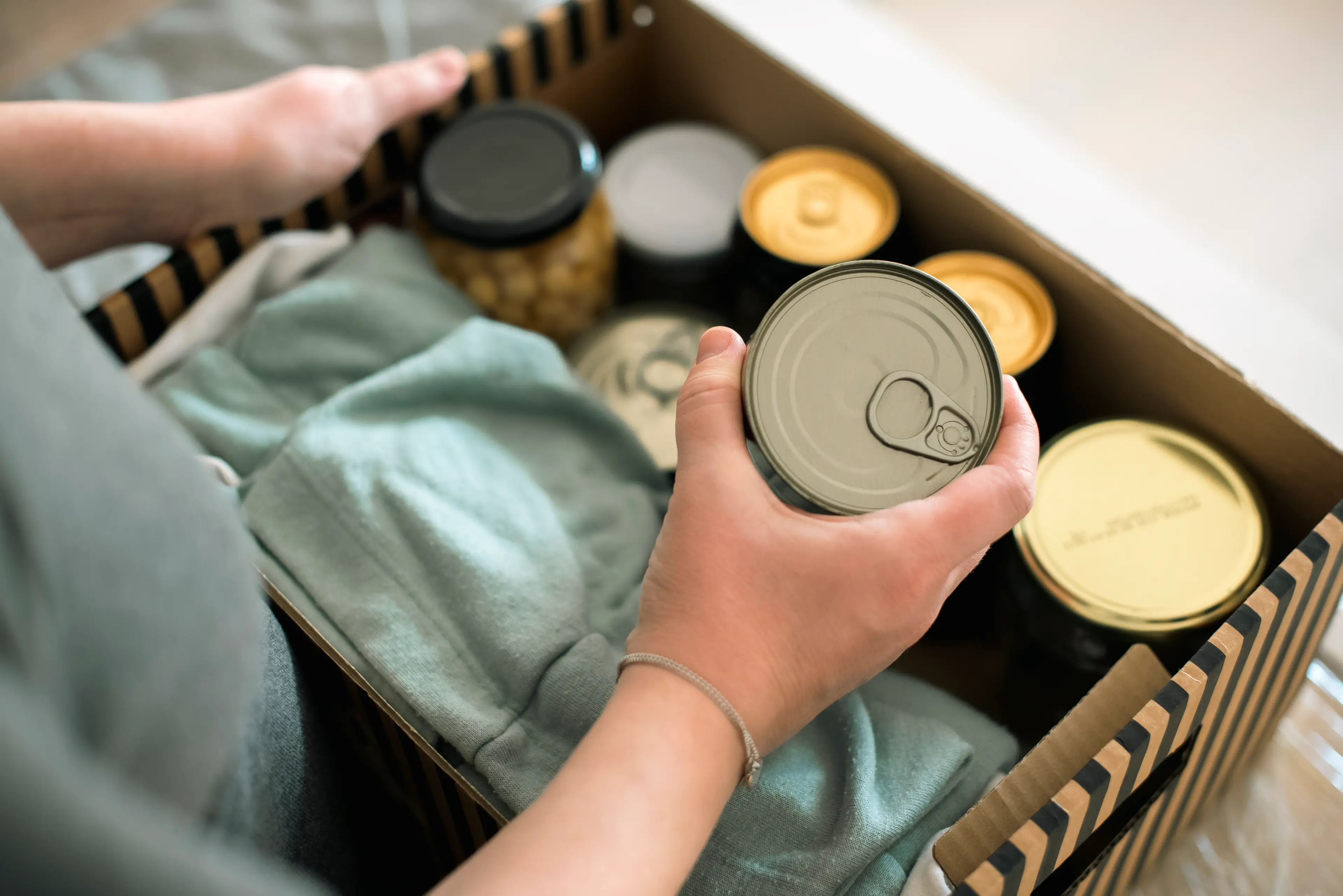
You can go up to three weeks without food, but that's probably not something you'd want to test if you were trying to survive, since you'd be feeling the effects of starvation for a long time before that.
Energy bars and canned food that doesn't go off are the order of the day, though in the latter case, you'd best remember to bring a tin-opener with you.
Portable charger
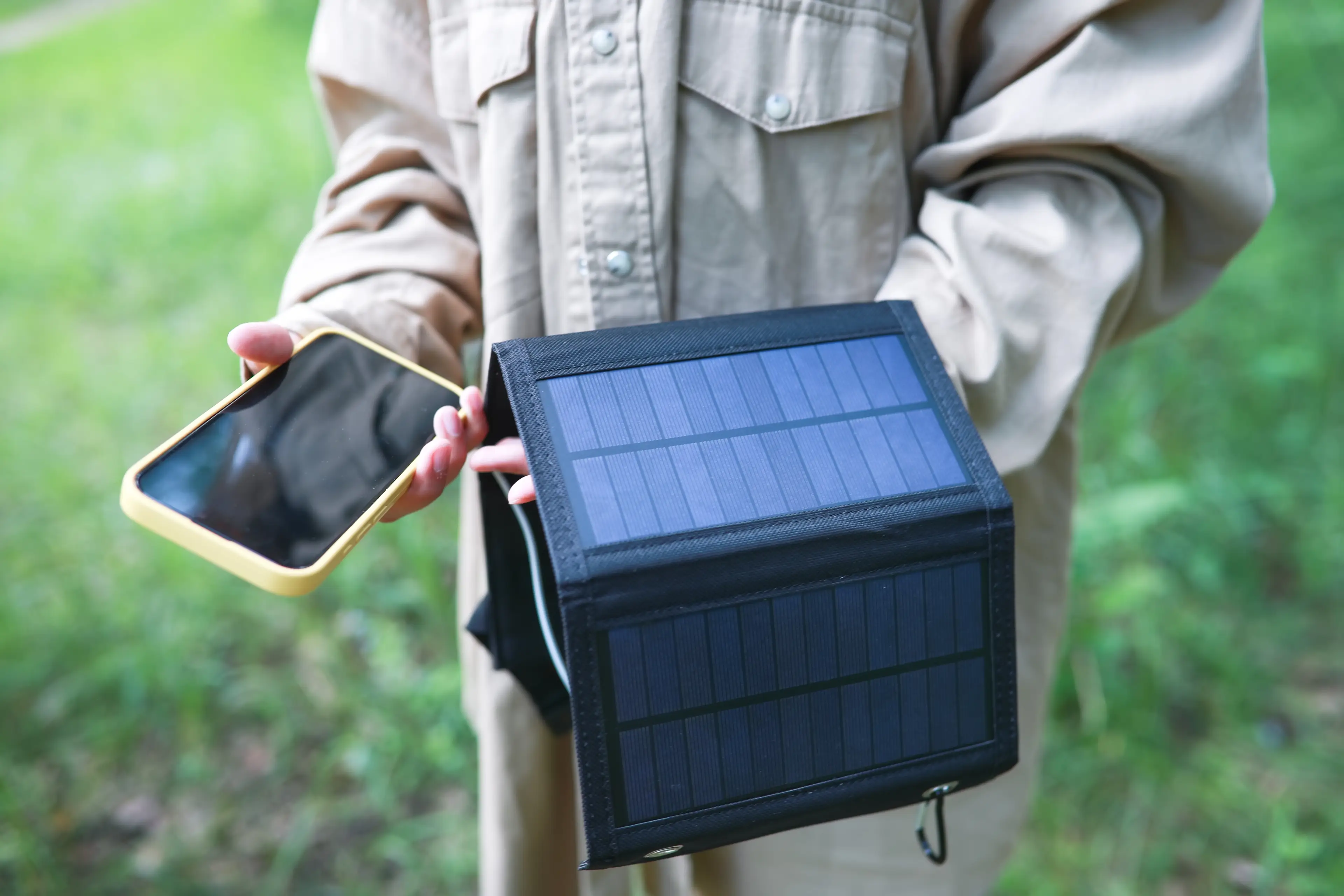
You know how your phone has become such an integral part of your life that you couldn't possibly do without it?
Better make sure you can keep it charged then.
A portable battery and the cables required to hook it up to your phone are crucial, as you might come to rely on it for directions, communication and learning about the developing disaster around you.
Your government might have emergency alerts set up on the phone, which could keep you posted as to what's going on, so it'd be a terrible shame if your phone were nothing but a juiceless brick.
First Aid Kit
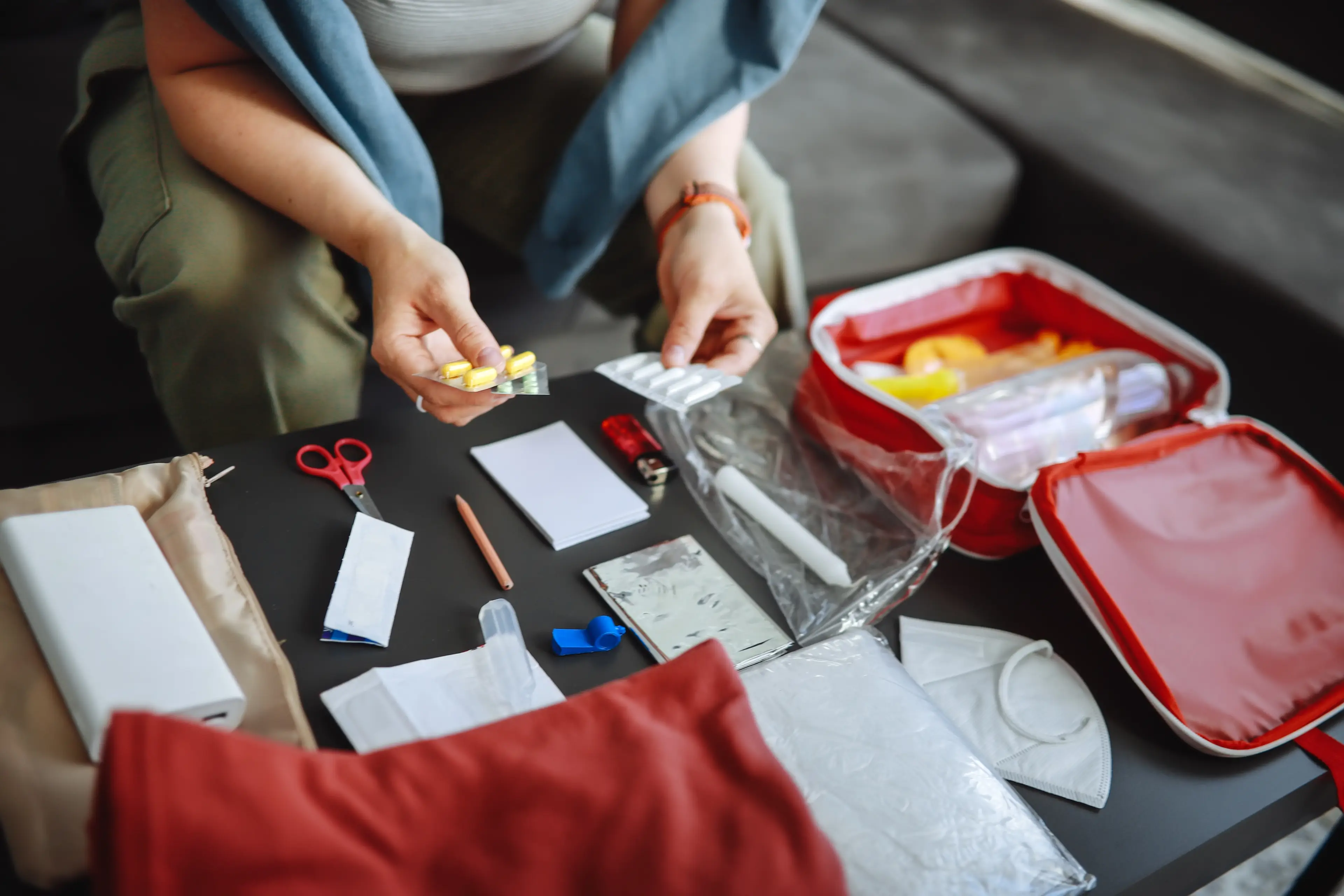
This one is doubly important if you've got any sort of medication you take on a regular basis as you'll need to take that with you, but the ability to disinfect and treat any minor wounds you pick up is not to be discounted.
After all, if you're having to pick up your bag and go, then it's hardly the time to be scheduling an appointment with your local GP.
You'd better make sure your first aid kit is well stocked with bandages, gauze, disinfectant, needle and thread and if there's space, a survival blanket.
Cash
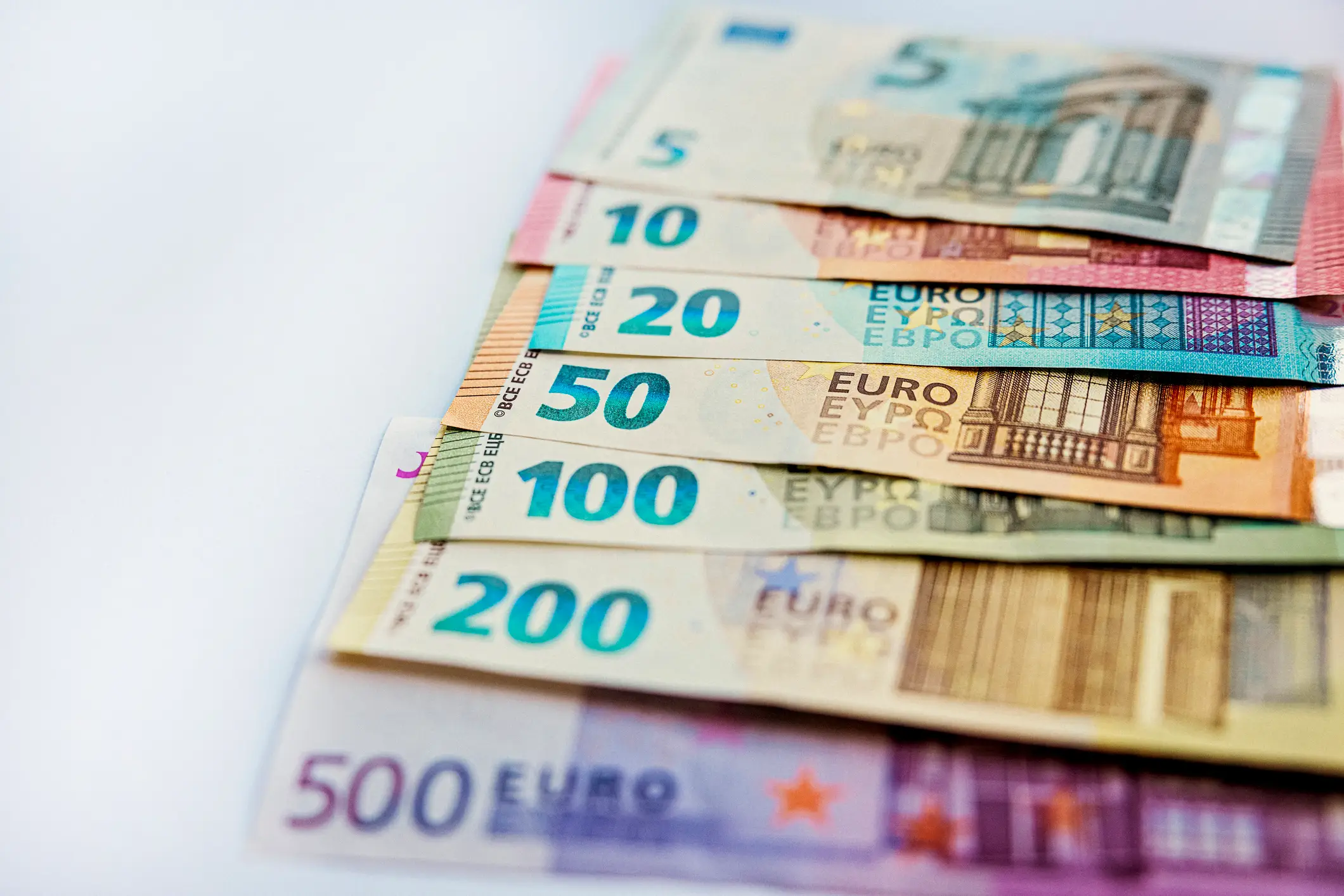
Yes, despite much of society going cashless, if it's society itself which is plummeting downhill due to a disaster or the sudden onset of WW3, then cold hard cash suddenly becomes a lot more useful again.
If you've got to skedaddle in a hurry, then you might find a lack of people who've got a working card reader set up and will want to be paid for whatever service you expect them to provide for you.
Smaller denominations of currency, which can handle basic transactions better than big banknotes, are likely to be preferred, so keeping an emergency fund in your kit is an idea.
Travel documents
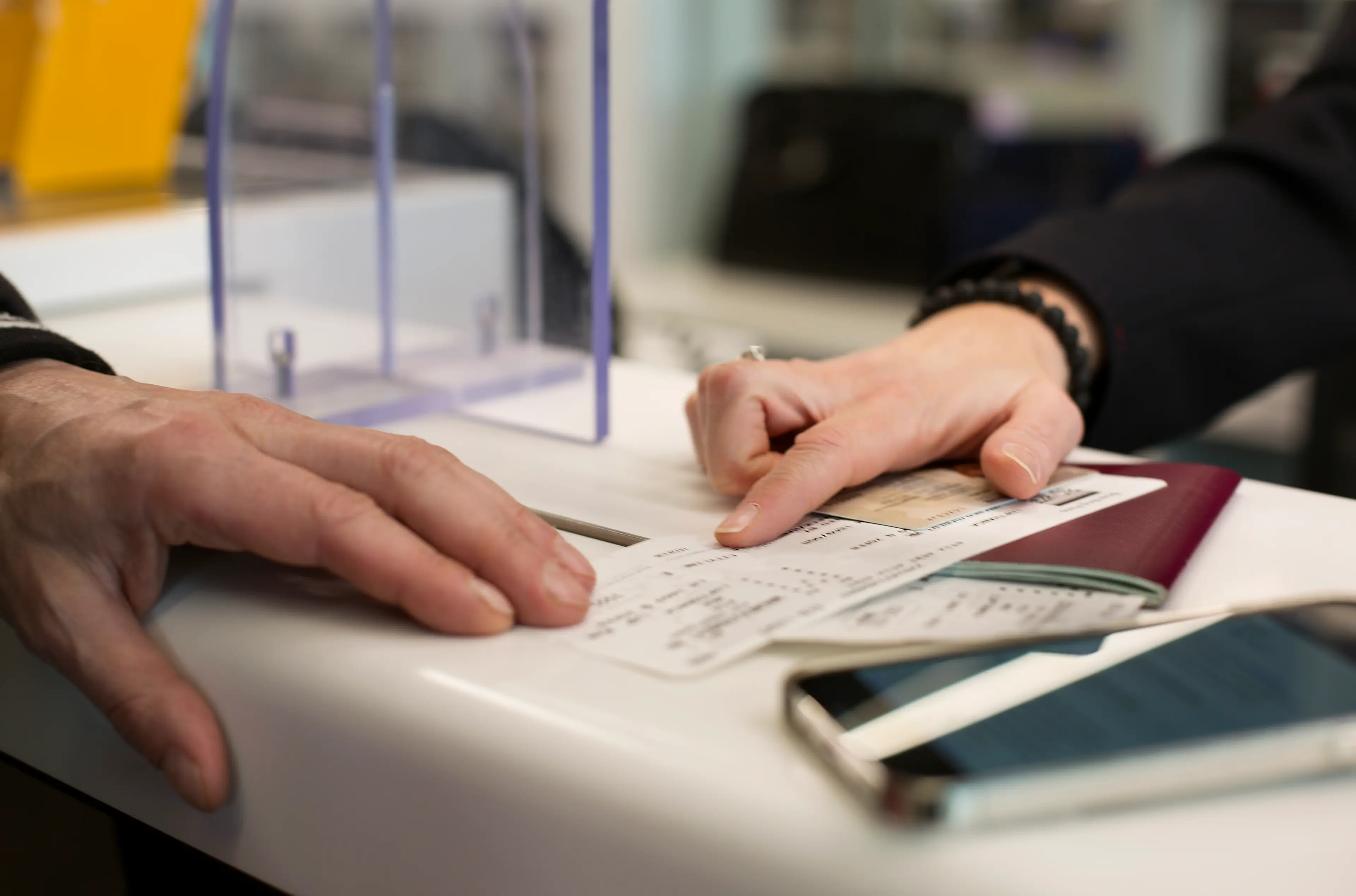
Passports, IDs and other important documents probably shouldn't be kept in your go-bag all the time since you'll need them at other junctures, but keeping photocopies of these documents in there is an idea.
Should you have to leave home in a rush, then at least something which could help verify your identity is going to be useful, even if it's just making sure that the officials handling whatever response is in place know who you are and where you came from.
The rest of the kit
There's all sorts of things you should be taking with you in a kit beyond the basics and essentials, some of them obvious and other items less so.
Warm clothes, blankets and sleeping bags are a given, but the experts say you should also bring things like a pack of cards and other non-electric forms of entertainment to stave off boredom.
That's a point for the travel Scrabble set right there.
If you have a baby or a pet that's going to have to come with you, then supplies for them are essential.
On top of that, you'll want to have personal sanitation items such as handwash and wet wipes, a dust mask and dusk tape to protect you from the elements as well as a whistle to attract attention if necessary.
Ideally, you'll never need such a kit, but if the need arises, then ideally you'll be prepared.
Topics: World News, Europe, Health, Food And Drink, Politics